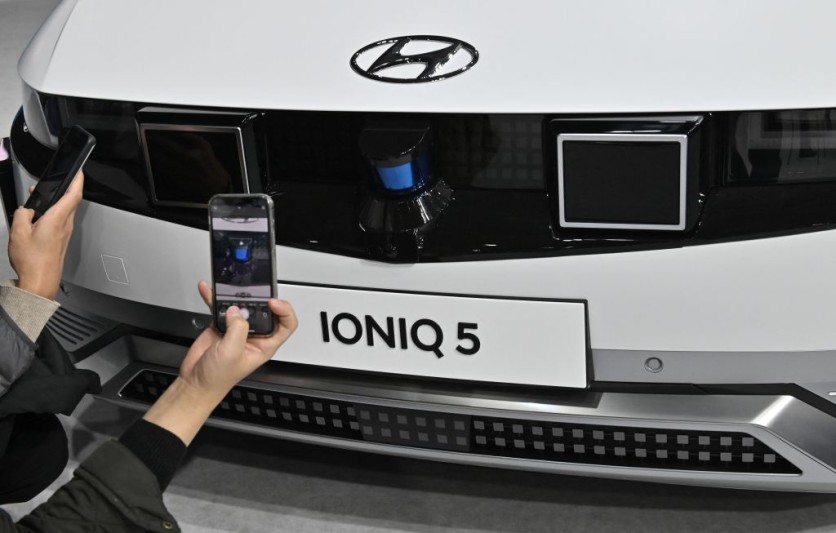Following the success of the IONIQ5, Hyundai is set to transform its business. However, there is a potential risk of a slowdown following the Inflation Reduction Act (IRA) that was passed in August, as reported by Electrek.

The IRA may help boost the adoption of electric vehicles in the US, but it also comes with disadvantages that have affected Hyundai. This is because the IRA includes strict battery sourcing and assembly requirements that may disqualify Hyundai.
What Hyundai Has to Say
Hyundai is set to build its first US electric vehicle facility in March and has already broken ground in Bryan County, Georgia, in October. In fact, the project is the most extensive in the history of Georgia and is expected to produce around 300,000 EVs every year.
Hyundai plans to open its doors in 2025, but the automaker has more plans ahead. A report claimed that Hyundai and SK are planning a joint venture to fund a $1.9 billion US EV battery plant. Hyundai and LG Energy Solution are also considering two electric vehicle battery plants in Georgia, which may be built between Hyundai's facilities.
Based on the plan, each facility will have a capacity of approximately 35GWh every year, which can power around one million electric vehicles.
The idea here is for the automaker to enable US consumers to take advantage of the tax benefits from the IRA bill.
This isn't a new plan between LG and Hyundai. It can be recalled that the two signed MoU to manufacture batteries in Indonesia in 2021.
Hyundai and Possible EV Challenges in the US
Hyundai is likely to face some challenges in its US operations because of its production of electric vehicles in the US. Under the IRA, the automaker will have to source the batteries from the US.
In addition, it is unlikely that any US manufacturer would agree to assemble and supply batteries for Hyundai. The automaker has faced a significant challenge in earning these certifications. Thus, it may result in a delay in the automaker's US EV production.
However, there is still a small chance that Hyundai and LG will be allowed to take advantage of the IRA. The automaker still has a chance to assemble the batteries in the US, but they need to provide at least 75 percent of cell content from domestic producers. If they manage to assemble the batteries in the US, they will be allowed to supply the batteries to other carmakers.
Hyundai has recently entered the US auto industry as a contender, and its plans to build electric vehicles in Georgia and possibly establish an EV battery plant will surely change how the US market will look in the upcoming years.
Related article : Hyundai to Invest its First EV-Only Facility in Georgia
Written by April Fowell.
This article is owned by Techtimes.
ⓒ 2025 TECHTIMES.com All rights reserved. Do not reproduce without permission.




